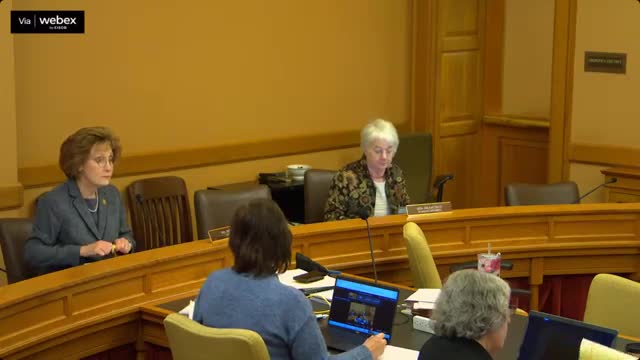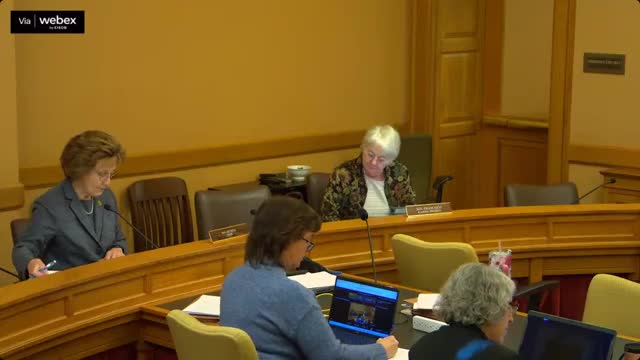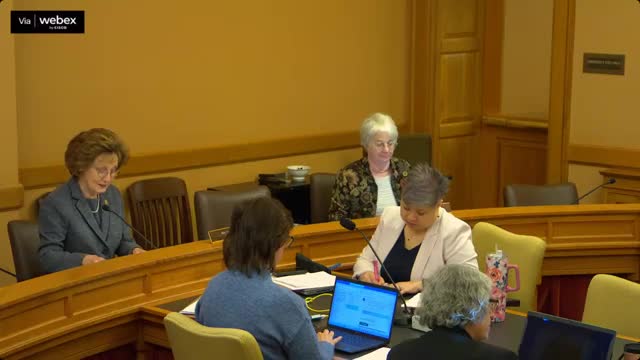Article not found
This article is no longer available. But don't worry—we've gathered other articles that discuss the same topic.

Panel hears bill to shorten insurer response time for complaints, allow longer value‑added pilot programs

Committee hears bill to require separate fiduciary accounts, bankruptcy notice from third-party administrators

